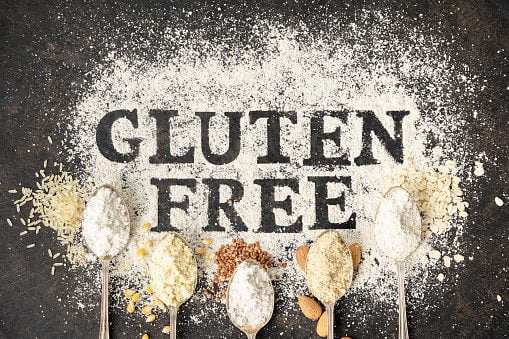
Making the transition to a gluten-free diet can be challenging. You want to feel better, cure your headaches, and improve your indigestion by changing your diet, but actually doing it can be a bit of a shock. Many of the foods you eat daily will be eliminated and you’ll need to get familiar with reading labels. Here are some tips for transitioning to a gluten-free diet.
Start With Your Favorite Gluten-Free Foods
When you are making the transition to a gluten-free diet, you should first consider what foods you already eat that will still be allowed. This makes it easier for you because you can rely on some of your classic staples that you enjoy eating on a regular basis without feeling like you are missing out on anything. For example, most vegetables and fruits you eat already can still be enjoyed, such as lemon in your water, oranges as a snack, and bananas with your breakfast. Most meat can also be eaten, though you need to be careful with processed meat, such as packaged deli meat.
Buy Gluten-Free Substitute Products
While you eventually want to start making more food items from scratch, the transitional period can be quite a challenge. During this time, it is helpful to find some gluten-free substitutes of the foods you can no longer have. For example, you can usually find your favorite type of bread, cookies, crackers, and cereal in a gluten-free version. Since gluten-free eating is becoming more popular, it is easier to find various options online or in your supermarket.
Find Friends Who Want to Join You
It can be hard when you are doing this all alone. Try to find friends or family members that also want to reduce their gluten intake. This makes it easier when going through recipe books together, swapping ideas for meals, and going out to restaurants. If you have kids, try to transition them to a gluten-free diet as well so you don’t have the temptations in your household. Get your family together to come up with delicious gluten-free meals together.




